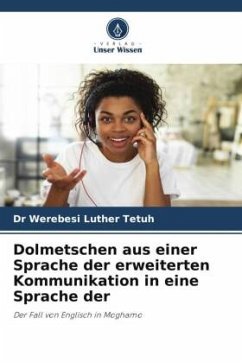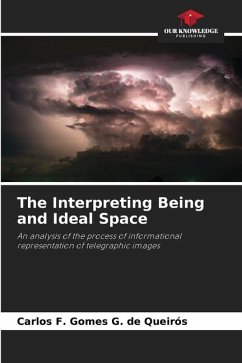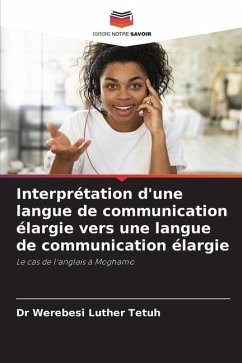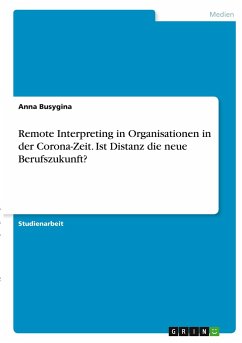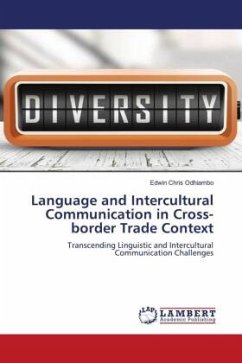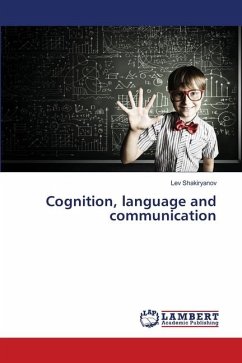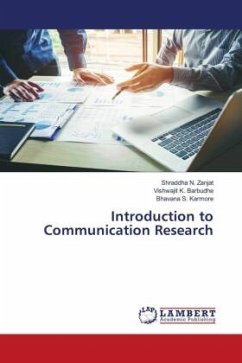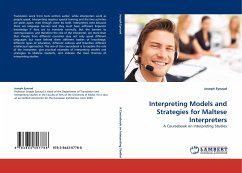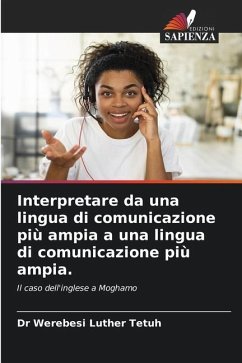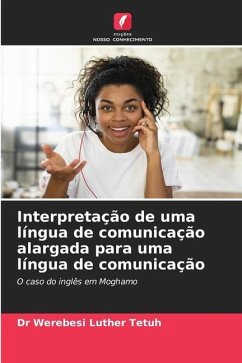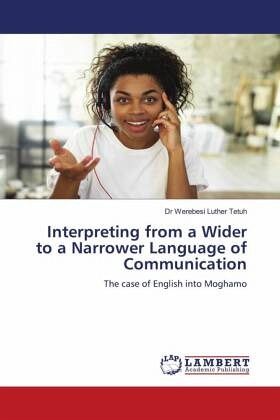
Interpreting from a Wider to a Narrower Language of Communication
The case of English into Moghamo
Versandkostenfrei!
Versandfertig in 6-10 Tagen
53,99 €
inkl. MwSt.

PAYBACK Punkte
27 °P sammeln!
This study examines interpreting from English - language of wider communication - to Moghamo -language of narrower communication. Three objectives were set: stating the difficulties interpreters face in performing their duty; assessing the impact on effective communication in the Moghamo; and showing the impact of their interpretations on Moghamo language and receptors. Data were collected from documentary, interviews and observant participation sources, and. analysed based some major linguistic branches: phonology, semantics, morphology and lexicology. The research led to the following findin...
This study examines interpreting from English - language of wider communication - to Moghamo -language of narrower communication. Three objectives were set: stating the difficulties interpreters face in performing their duty; assessing the impact on effective communication in the Moghamo; and showing the impact of their interpretations on Moghamo language and receptors. Data were collected from documentary, interviews and observant participation sources, and. analysed based some major linguistic branches: phonology, semantics, morphology and lexicology. The research led to the following findings: Natural interpreters have knowledge of the code of ethics governing the profession. Consequently, the audience is generally misinformed and even exploited; 2) The code-switching contribute significantly to the plethora of English loanwords used regularly in Moghamo; and 3) The string of loanwords now used in Moghamo is detrimental because this threatens its very existence and survival. The offshoot is the existence of what the researcher terms a hybrid Moghamo language. There is hence an urgent need to stop Moghamo from getting extinct, although the latter has been enriched somehow.



